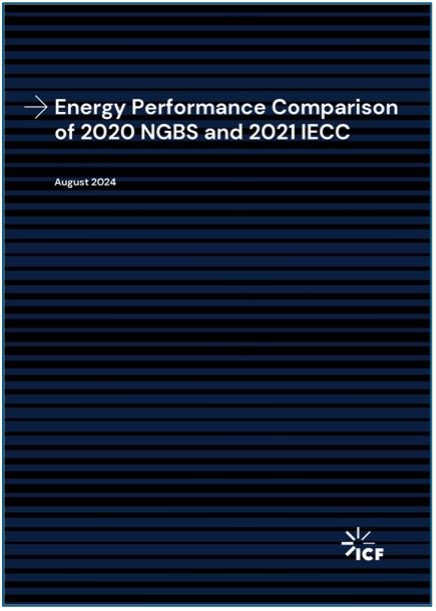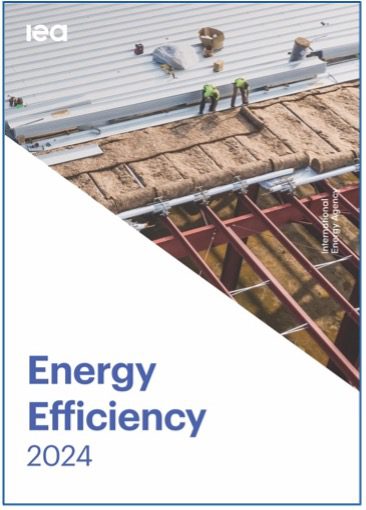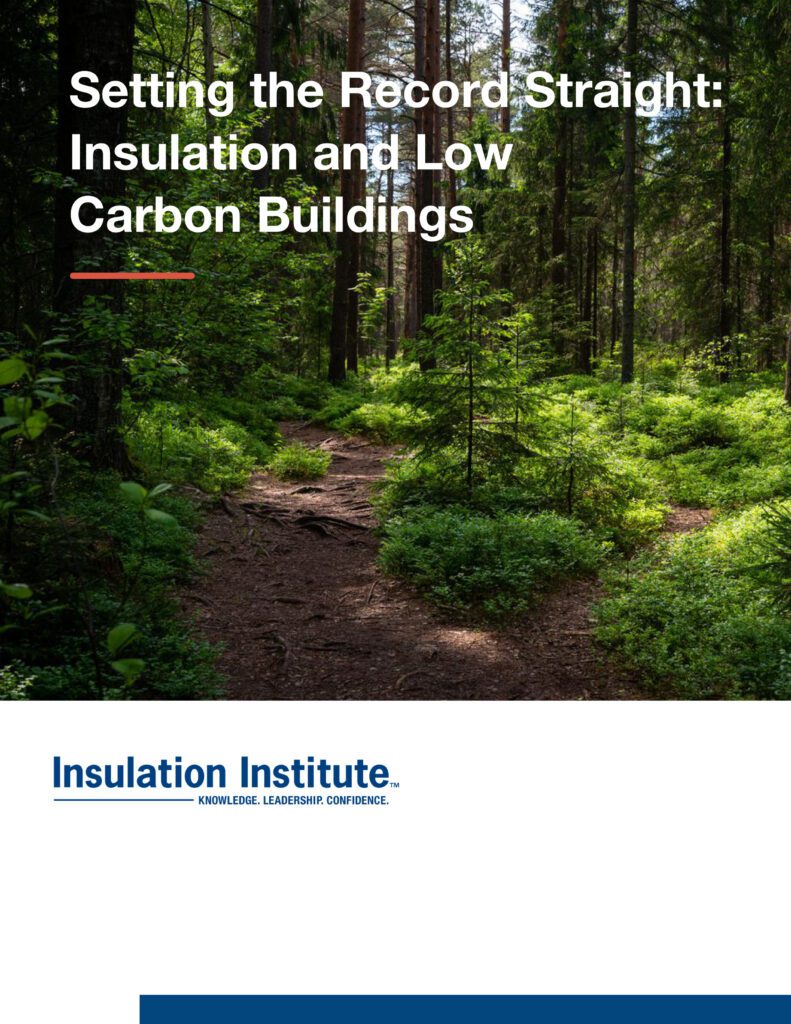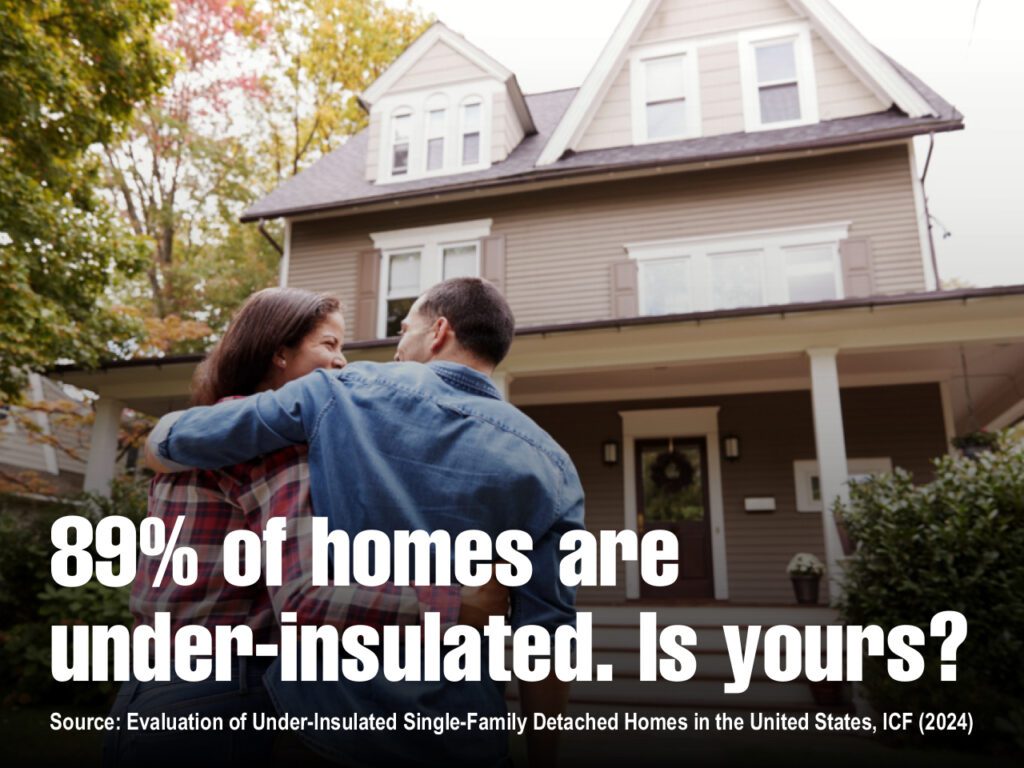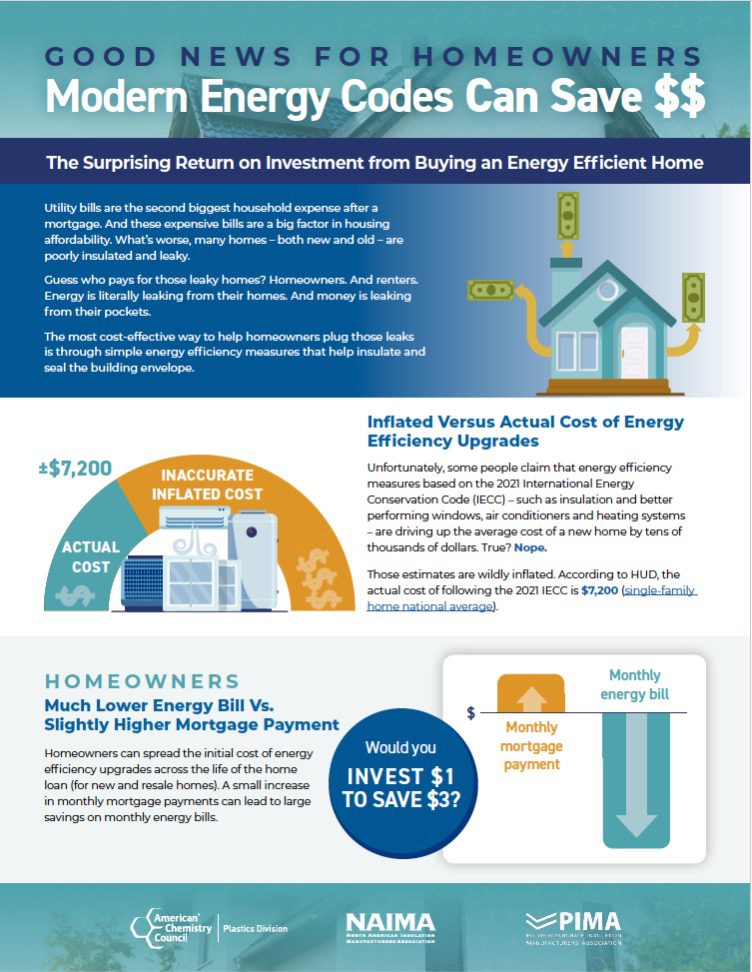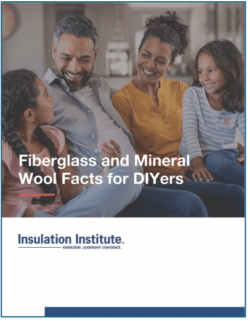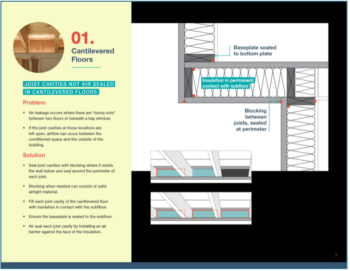NAIMA has released a new consumer guide, Fiberglass and Mineral Wool Facts for DIYers, that addresses key concerns about the health and safety of fiberglass or mineral wool insulation as a do-it-yourselfer (DIYer).
The guide details the 75-year history of scientific research conducted by national and international authorities, including the International Agency for Research on Cancer, the California Office of Environmental Health Hazard Assessment, and the National Academies of Sciences. The research concludes that fiberglass and mineral wool insulation products are safe to manufacture, fabricate, install, and use when recommended work practices are followed.
Fiberglass and Mineral Wool Facts for DIYers also highlights the rigorous chemical standards that fiberglass and mineral wool insulation products meet, including GREENGUARD certification, verifying the products are low in chemical emissions that contribute to healthy indoor air quality. The publication also details the recommended personal protective equipment (PPE) required to avoid skin irritation that can result when working with fiberglass and mineral wool insulation products.
Download the guide here.
